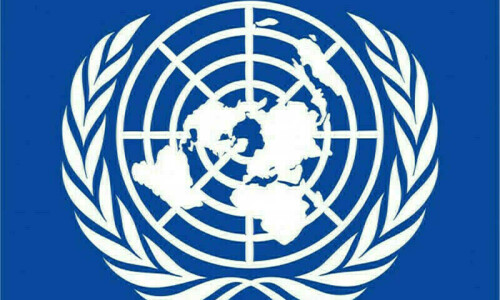Shift of 50-year-old Indian war memorial from 1971 stirs controversy



India’s government on Friday moved a commemorative flame that was lit 50 years ago to honour Indian soldiers killed in the 1971 war with Pakistan to a new National War Memorial that was inaugurated by Prime Minister Narendra Modi nearly three years ago.
The move triggered strong protests from opposition leaders, who said extinguishing the “eternal flame” was tantamount to erasing history.
A soldier lit a torch from the flame at its location at the India Gate and carried it to the National War Memorial, less than half a kilometre away. The original flame was then extinguished.
The government said the flame was relocated because all homage ceremonies will now be conducted at the National War Memorial.
Previously, annual national day celebrations on Republic Day on January 26 began with the prime minister paying tribute to soldiers at the India Gate memorial.
Rahul Gandhi, top opposition Congress party's leader, accused the government of “removing history”. The flame at India Gate was lit by his grandmother, then-prime minister Indira Gandhi, in 1972.
Kanchan Gupta, a media adviser to the information ministry, defended the government decision.
“The flame at the India Gate is not extinguished, but it is being merged with the flame at the National War Memorial,” Gupta said.
The original flame was part of the India Gate memorial arch complex, built during the British colonial rule to honour soldiers who died in World War I and the Third Anglo-Afghan War in 1919. The landmark has names of soldiers inscribed on its surface.
G.G. Dwivedi, a retired army general and defence analyst, said the controversy over the flame should be put to rest because there can’t be two flames honouring Indian soldiers in close proximity of each other.
Prime Minister Modi tried to end the dispute by tweeting that a statue of Subhas Chandra Bose, an independence leader, will be installed at the India Gate.











































